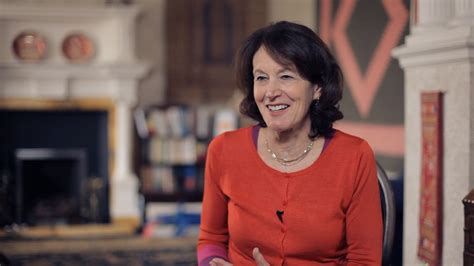A Quote by Jules Feiffer
Maturity is only a short break in adolescence.
Related Quotes
Adolescence has been recognised as a stage of human development since medieval times--long, long before the industrial revolution--and, as it is now, has long been seen as a phase which centers on the fusion of sexual and social maturity. Indeed, adolescence as a concept has as long a history as that of puberty, which is sometimes considered more concrete, and hence much easier to name and to recognize.
The troubles of the 20th century are not unlike those of adolescence -- rapid growth beyond the ability of organizations to manage, uncontrollable emotion, and a desperate search for identity. Out of adolescence, however, comes maturity in which physical growth with all its attendant difficulties comes to an end, but in which growth continues in knowledge, in spirit, in community, and in love; it is to this that we look forward as a human race. This goal, once seen with our eyes, will draw our faltering feet toward it.
Adolescence is a relatively recent thing in human history -- a period of years between the constraints of childhood and the responsibilities of adulthood. This irresponsible period of adolescence is artificially extended by long years of education, much of it wasted on frivolities. Tenure extends adolescence even further for teachers and professors.


































